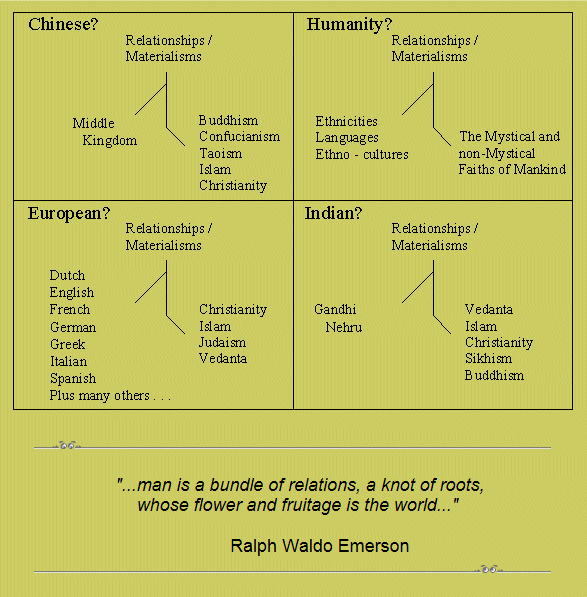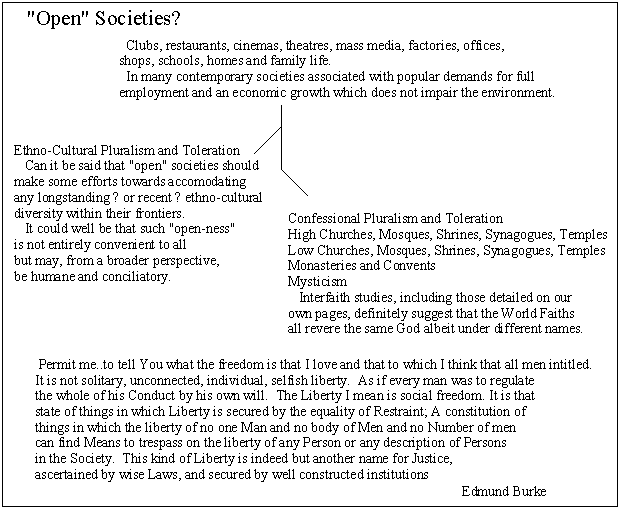Heaven is a fairy story
Stephen Hawkings quotations quotes
His book ~ The Grand Design, (co-authored with Leonard Mlodinow), was published in September, 2010 with possibly deliberately provocative publicity about it "not being necessary" for "God to light the blue touch paper" to set the Universe in motion.
A page that appeared on the BBC website on 2 September, 2010, the day the story about the imminent publication of The Grand Design made headline news, featured this as background text:-
There is no place for God in theories on the creation of the Universe, the physicist and mathematician Professor Stephen Hawking has said.
He had previously argued that belief in a creator was not incompatible with science - but in a new book The Grand Design, he concludes that the Big Bang was an inevitable consequence of the laws of physics.
The following quotation, delivered by Stephen Hawking during a very brief appearance on an accompanying on-line video about the new book, was
explicitly announced, by the presenter of this news item, to be The Key Conclusion of The Grand Design:-
He had previously argued that belief in a creator was not incompatible with science - but in a new book The Grand Design, he concludes that the Big Bang was an inevitable consequence of the laws of physics.
"Because there are laws such as gravity, the universe can and will create itself from nothing. It is not necessary to invoke God to light
the blue touch paper and set the Universe going."
Also coincidental with the publication of The Grand Design was an appearance on US prime-time television in the form of an interview on CNN LARRY KING LIVE during which the following question was posed and answered:-
Larry King: What, Stephen, do you most hope people take away from your new book "The Grand Design?" In your opinion, it's a great book with a lot of
important points. What is the most important point in the book?
Stephen Hawking: That science can explain the universe, and that we don't need God to explain why there is something rather than nothing or why the laws of nature are what they are.
Stephen Hawking: That science can explain the universe, and that we don't need God to explain why there is something rather than nothing or why the laws of nature are what they are.

In May, 2011, Professor Stephen Hawking again presented views which openly challenged traditions of faith.
In the lead-up to an high-profile "Google Zeitgeist" sponsored conference to be held near London on 16 May he agreed to prepare answers to a few interview questions to be posed by "The Guardian" newspaper.
A number of questions and Professor Stephen Hawkings answers subsequently appeared in the newspaper on Sunday 15 May 2011. Perhaps the most controversial of Stephen Hawkings answers was one delivered in relation to this enquiry:-
You had a health scare and spent time in hospital in 2009. What, if anything, do you fear about death?
Professor Stephen Hawkings answer was:-
I have lived with the prospect of an early death for the last 49 years. I'm not afraid of death, but I'm in no hurry to die. I have so much
I want to do first. I regard the brain as a computer which will stop working when its components fail. There is no heaven or afterlife for broken
down computers; that is a fairy story for people afraid of the dark.

Some Human Mysteries?
"You will hear things like, "Science doesn't know everything." Well, of course science doesn't know everything. But,
because science doesn't know everything, it doesn't mean that science knows nothing. Science knows enough for us to
be watched by a few million people now on television, for these lights to be working, for quite extraordinary
miracles to have taken place in terms of the harnessing of the physical world and our dim approaches towards
understanding it. And as Wittgenstein quite rightly said, "When we understand every single secret of the universe,
there will still be left the eternal mystery of the human heart."
Stephen Fry quoting Wittgenstein during a Room 101 TV program
Stephen Fry quoting Wittgenstein during a Room 101 TV program
Human Being seems
to be rather "Tripartite"
It is widely known that Plato, pupil of and close friend to Socrates, accepted that Human
Beings have a " Tripartite Soul " where the individual Human Psyche is noticeably composed of three aspects -
Wisdom-Rationality, Spirited-Will and Appetite-Desire.
What is less widely appreciated is that such major World Faiths as Christianity, Islam, Hinduism, Buddhism and Sikhism see "Spirituality" as being relative to "Desire" and to "Wrath".

Could such Materialistic?, Spiritual? and Social-group? related tendencies as those "Tripartite" ones just mentioned all tend to be aspects of that 'Knot of Roots' which Emerson suggests that ~ "Man Is"
Human Societies often seem
to be rather "Tripartite"

Although there have been, and are, "Doctrinaire" forms of society organised "According to an Ideology" (e.g. Marxism), in other cases we can probably state that Human Beings are "Social Beings" and it seems actually possible that individual Human-innate "bundles of relations and knots of roots" tend to give "spontaneous" direction to the development, and continuance, of "Humanly Natural?" Societies!!!
Or to quote Emerson, from his famous Essay ~ History more fully:-
…"In old Rome the public roads beginning at the Forum proceeded north, south, east, west, to the centre of every province of the empire, making each market-town of Persia, Spain, and Britain pervious to the soldiers of the capital: so out of the human heart go, as it were, highways to the heart of every object in nature, to reduce it under the dominion of man. A man is a bundle of relations, a knot of roots, whose flower and fruitage is the world. His faculties refer to natures out of him, and predict the world he is to inhabit, as the fins of the fish foreshow that water exists, or the wings of an eagle in the egg presuppose air. He cannot live without a world."…
…"There is one mind common to all individual men....
....Of the works of this mind history is the record. Man is explicable by nothing less than all his history. All the facts of history pre-exist as laws. Each law in turn is made by circumstances predominant. The creation of a thousand forests is in one acorn, and Egypt, Greece, Rome, Gaul, Britain, America, lie folded already in the first man. Epoch after epoch, camp, kingdom, empire, republic, democracy, are merely the application of this manifold spirit to the manifold world."…
…"In old Rome the public roads beginning at the Forum proceeded north, south, east, west, to the centre of every province of the empire, making each market-town of Persia, Spain, and Britain pervious to the soldiers of the capital: so out of the human heart go, as it were, highways to the heart of every object in nature, to reduce it under the dominion of man. A man is a bundle of relations, a knot of roots, whose flower and fruitage is the world. His faculties refer to natures out of him, and predict the world he is to inhabit, as the fins of the fish foreshow that water exists, or the wings of an eagle in the egg presuppose air. He cannot live without a world."…
…"There is one mind common to all individual men....
....Of the works of this mind history is the record. Man is explicable by nothing less than all his history. All the facts of history pre-exist as laws. Each law in turn is made by circumstances predominant. The creation of a thousand forests is in one acorn, and Egypt, Greece, Rome, Gaul, Britain, America, lie folded already in the first man. Epoch after epoch, camp, kingdom, empire, republic, democracy, are merely the application of this manifold spirit to the manifold world."…

"Whatever concept one may hold, from a metaphysical point of view, concerning the freedom of the will, certainly its appearances,
which are human actions, like every other natural event, are determined by universal laws. However obscure their causes, history,
which is concerned with narrating these appearances, permits us to hope that if we attend to the play of freedom of the human will
in the large, we may be able to discern a regular movement in it, and that what seems complex and chaotic in the single individual
may be seen from the standpoint of the human race as a whole to be a steady and progressive though slow evolution of its original endowment."
Immanuel Kant
Idea for a Universal History from a Cosmopolitan Point of View (1784)
Immanuel Kant
Idea for a Universal History from a Cosmopolitan Point of View (1784)

We have prepared some fairly detailed, but hopefully entertaining, pages about a most informative
episode in European History in the spirit of attempting to learn worthwhile lessons of history about The Human Condition!!!
